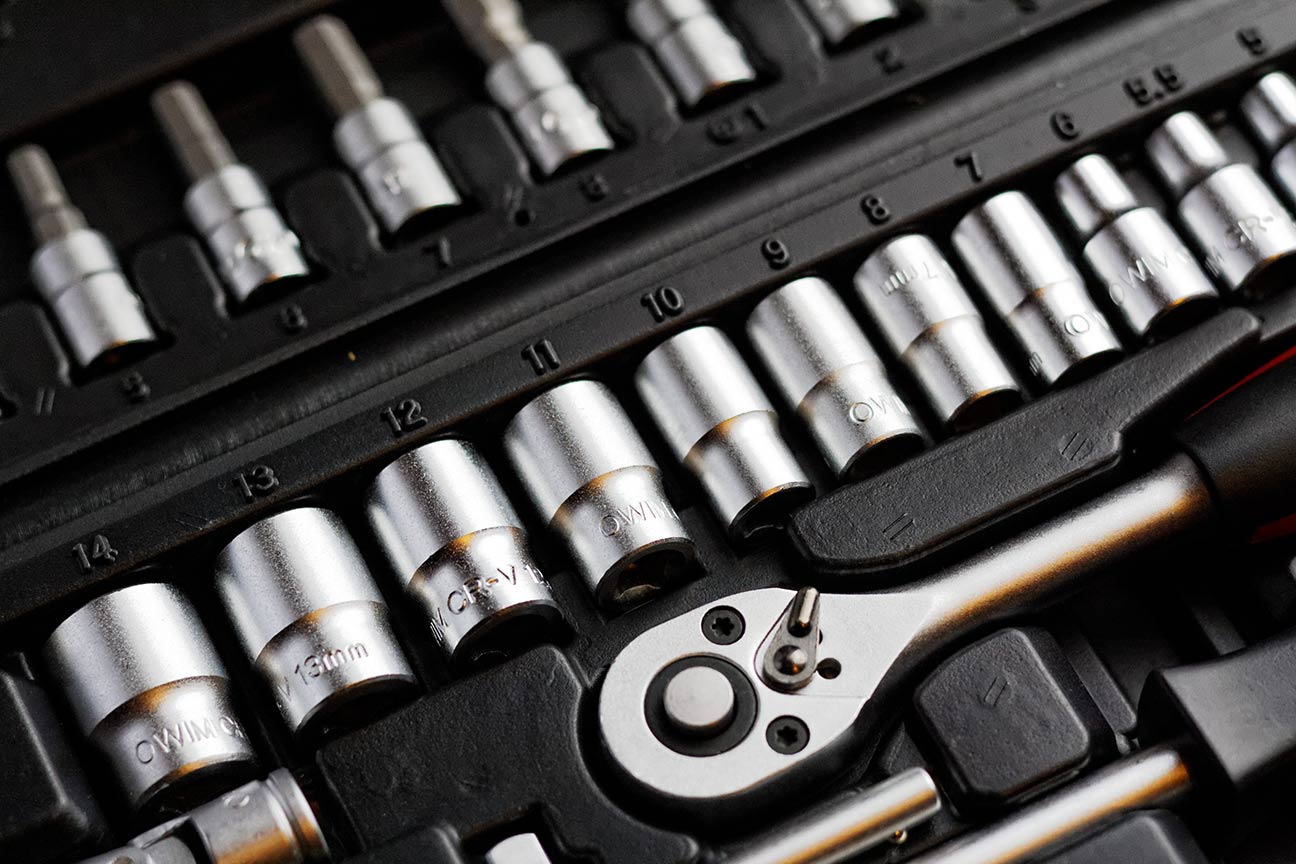With the UK experiencing a shortage of engineers, studying mechanical engineering at university level is bound to help discover and unlock a wide range of promising career opportunities. Of all the engineering disciplines, it is regarded as the most diverse, combining technology, maths, business and management, making graduates extremely sought after.
Here at BMR Solutions, we love helping graduates find jobs in the mechanical engineering sector. We’ve put together this guide to help provide a quick insight into some of the routes mechanical engineering graduates have the option of pursuing, but if you’d like to find out more, please don’t hesitate to get in touch with a member of our friendly recruitment experts today.
What Skills Have You Gained?
Before you decide what specific job you’re after, it’s worthwhile compiling a list of all the skills you’ve learnt and developed during your studying. Not only will it help you identify the areas you’re particularly strong in, but you’ll also be able to add these skills to your CV. Here are just a handful of skills you might’ve developed while obtaining your mechanical engineering degree:
Work experience – Regardless of the industry, all employers value candidates that have had pre-entry work experience in the appropriate sector. Some degree courses offer (or sometimes even make it compulsory) a year in the industry, but any other experience you’ve acquired outside of studying is also of use.
Ability to work with and understand mechanical engineering drawings – Being able to work with these technical drawings is likely to open up even more career opportunities for you. Many top engineering employers look for candidates who have solid understanding of these drawings as they are often an integral part of most projects.
Computer Animated Design (CAD) – A thorough knowledge of CAD software and how best to implement it to create drawings and produce 3D designs is something that employers will want to see.
Reliable team player – Collaborative working is at the heart of mechanical engineering. You need to be able to effectively communicate with clients to keep them aware of the latest updates, as well as liaise with safety engineers, planners and other team members to make sure the project is completed correctly.
Typical Industries that Employ Mechanical Engineers
As the role of a mechanical engineer specialist is to design, develop, install, operate and maintain anything that has moving parts, they are needed by organisations in all types of industries. However, although you will be required to apply your specialist skills and knowledge to the specific aspects of your employer’s day-to-day technical operations, some roles may rely on you to adopt more general skills from other engineering disciplines.
Below we’ve listed some of the sectors mechanical engineers can expect to find opportunities in, as well as a brief description of what a job in this industry might entail:
Construction Industry
The construction industry requires mechanical engineers to design ventilation, heating and air conditioning systems within new and existing buildings (typically larger buildings, such as hospitals, airports, shopping malls and universities).
Automotive Industry
Mechanical engineers employed in the automotive sector typically specialise in a certain area, such as powertrain engineering, chassis engineering or manufacturing engineering, and are likely to work closely with engineers from other disciplines.
Rail Industry
This sector usually requires mechanical engineers to work on overhead line systems. They’ll need to review designs, write specifications for these systems as well as answer any technical queries from clients. Not all, but some mechanical engineers end up becoming track engineers, which involves the same jobs but instead on track systems rather than overhead.
Power Generation Industry
Organisations in this industry usually require their mechanical engineers to design, build and maintain a wide range of mechanical plant items, such as steam turbines, nuclear reactors, pipework and storage tanks to name but a few examples.
Foreign Opportunities
It doesn’t always appeal to everyone, but there’s also plenty of opportunities overseas for mechanical engineer graduates. British degrees are considered highly by foreign employers, so it’ll stand you in good stead should this option appeal to you. However, this alone is unlikely to land you a job, you’ll probably need to be able to confidently and fluently speak at least one other language.
Postgraduate Study for Mechanical Engineer Graduates
It doesn’t always appeal to everyone, but some mechanical engineering students choose to enrol on to an MEng (Master of Engineering) programme, which is a highly specialised integrated four-year or five-year programme. Those intending to become Chartered Engineers usually take the course.
This isn’t the only available route of continued study for mechanical engineer graduates though, some go on to study further degrees. These usually include an MSc or PhD in specialist areas, such as space and astronautics.
Mechanical Engineers & BMR Solutions
If you’re a mechanical engineer then make sure you get in touch with a member of our friendly team today. We specialise in helping find and place the top technical talent with some of the leading companies in the country. We have helped people just like you find amazing job opportunities that have catapulted their careers.
Please don’t hesitate to contact us today. Alternatively, you can upload your CV and one of our recruitment experts will get back to you.
See more: Mechanical Design Engineer careers and Roles 2018
See more: Best Apps & Software for Engineers





